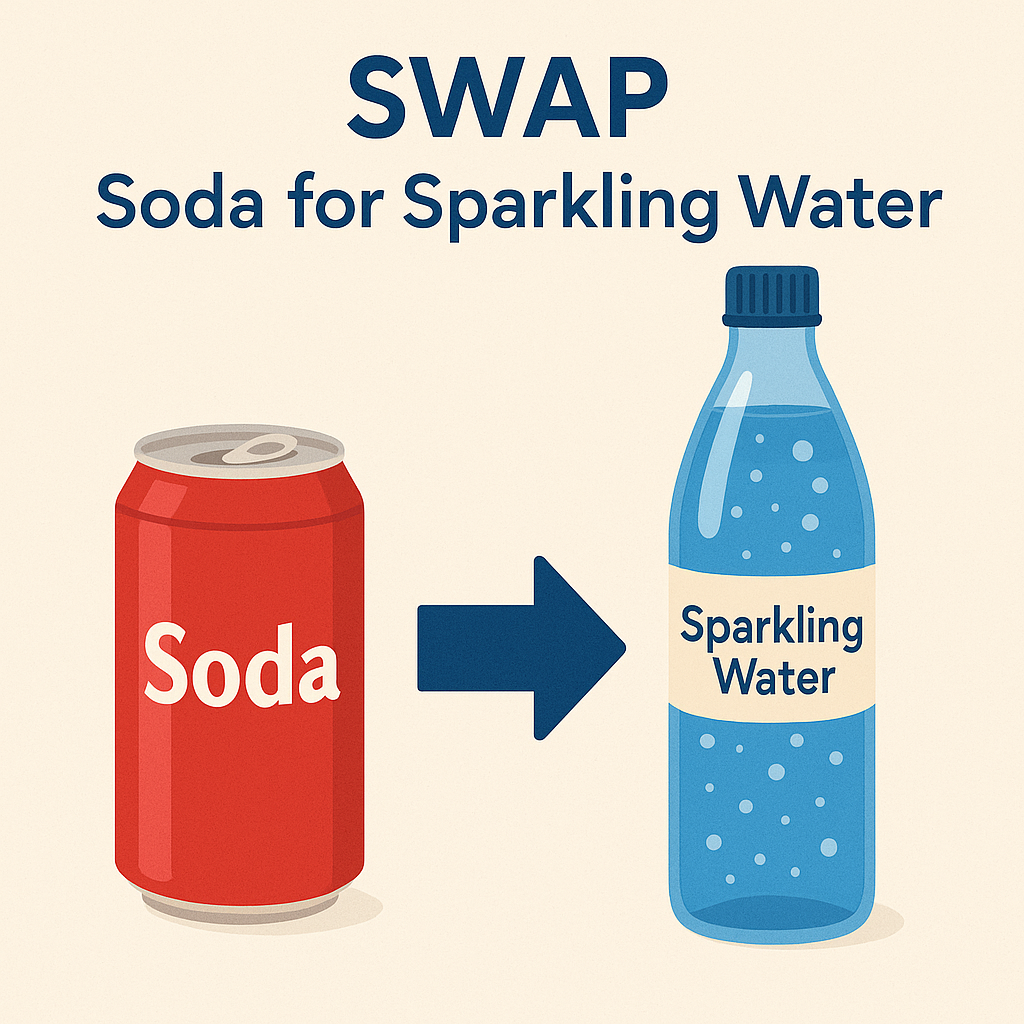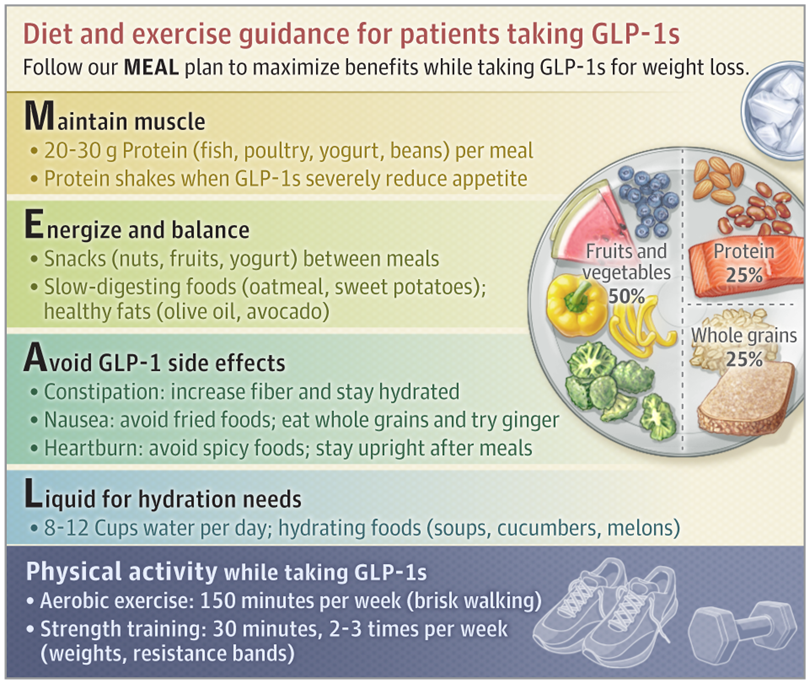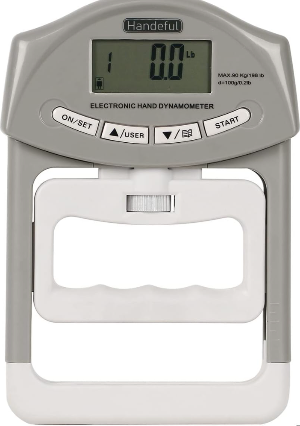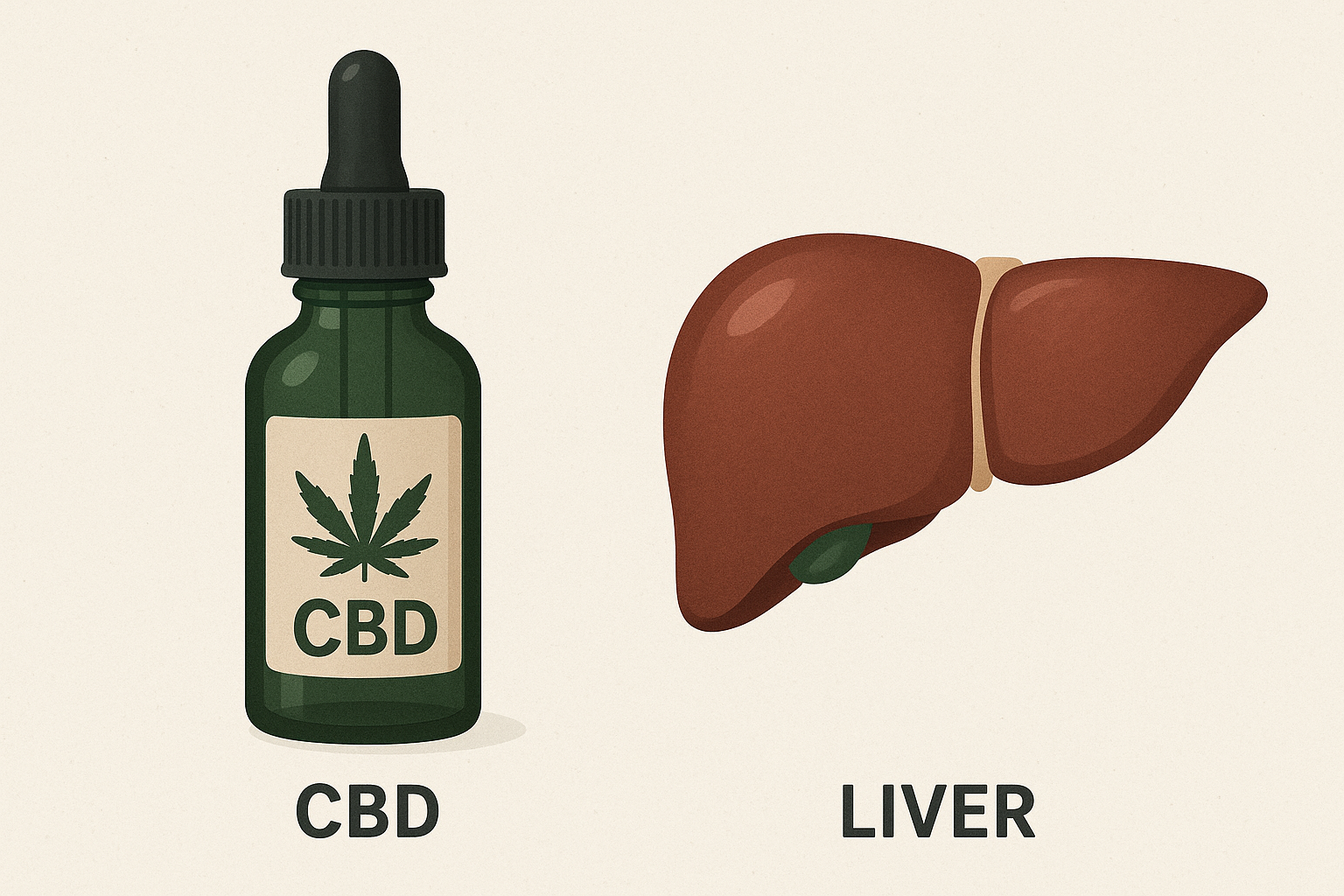August 2025
Dr. Neuman's Top 10 Favorite Food Swaps for Better Health
Small changes can make a big impact over time. Sometimes, the healthiest choices aren’t about overhauling your entire diet—it’s about making simple swaps in your everyday meals. These small shifts can help reduce added sugar, boost fiber, and support better energy and digestion.
1. Soda → Sparkling Water
2. Juice → Whole Fruit
3. White Rice → Brown Rice or Quinoa
4. White Bread → 100% Whole Grain Bread
5. Creamy Dressings → Olive Oil & Vinegar
6. Chips → Nuts or Air-Popped Popcorn
7. Flavored Yogurt → Plain Greek Yogurt + Fresh Fruit
8. Sugary Cereal → Oatmeal with Nuts & Fruit
9. Fried Food → Baked, Grilled, or Air-Fried
10. Ice Cream → Frozen Banana or Greek Yogurt Treats
Pick one swap this week and build from there. These aren’t about perfection—they’re about momentum. Over time, small swaps can shift your habits and health in a big way.
Dr. Neuman says: "Growing up in a Coca-Cola house, I've had a lifelong battle with soda urges. The sparkling water we keep in the clinic is one of the ways I try to stay healthier. My favorite flavor is the pamplemousse Lacroix."
Hand Grip Strength - the Next Vital Sign?
We often rely on temperature, heart rate, and blood pressure as our standard "vital signs" to assess how the body is functioning. But there are other meaningful indicators of overall health—such as the Get-up-and-go test, pain scores, PHQ-9 test (for depression screening), and vision and hearing assessments. A newer addition gaining attention is grip strength.
Two major studies (1, 2) published last year added to the growing body of evidence that declining grip strength is a reliable marker of overall health decline, particularly in middle-aged and older adults. In response, Ally has added our first grip strength measurement device to the clinic. We'll begin offering testing for those interested, or when there is a clinical concern about reduced vitality.
CBD and Liver Health
A recent study of 201 adults who were given either CBD or a placebo for one month found that those taking CBD were three times more likely to have elevated liver enzymes—a sign of potential liver injury. Notably, 5% of participants in the CBD group developed critically high levels, raising safety concerns.
Dr. Neuman says: "CBD is often seen as a safe option, and for many, it has real benefits—helping with sleep, appetite, and anxiety. But this study makes me pause before offering CBD as a blanket recommendation. If you're using CBD regularly, it may be wise to check your liver enzymes as part of your routine lab work.”





